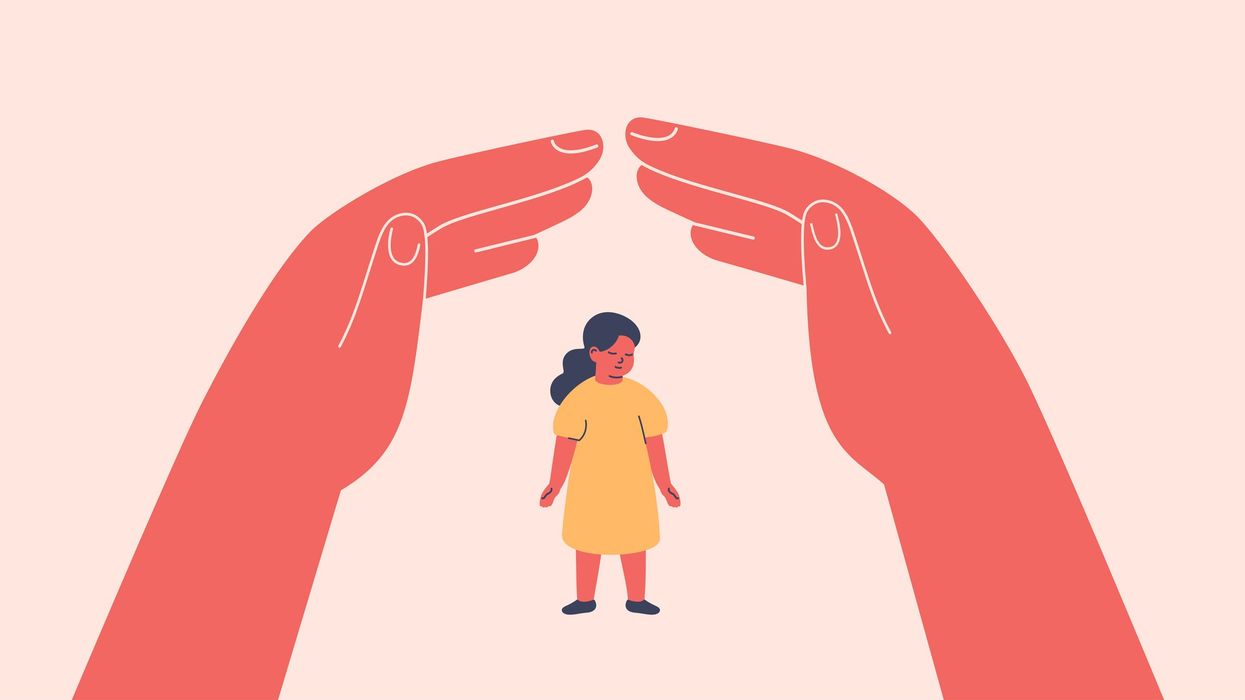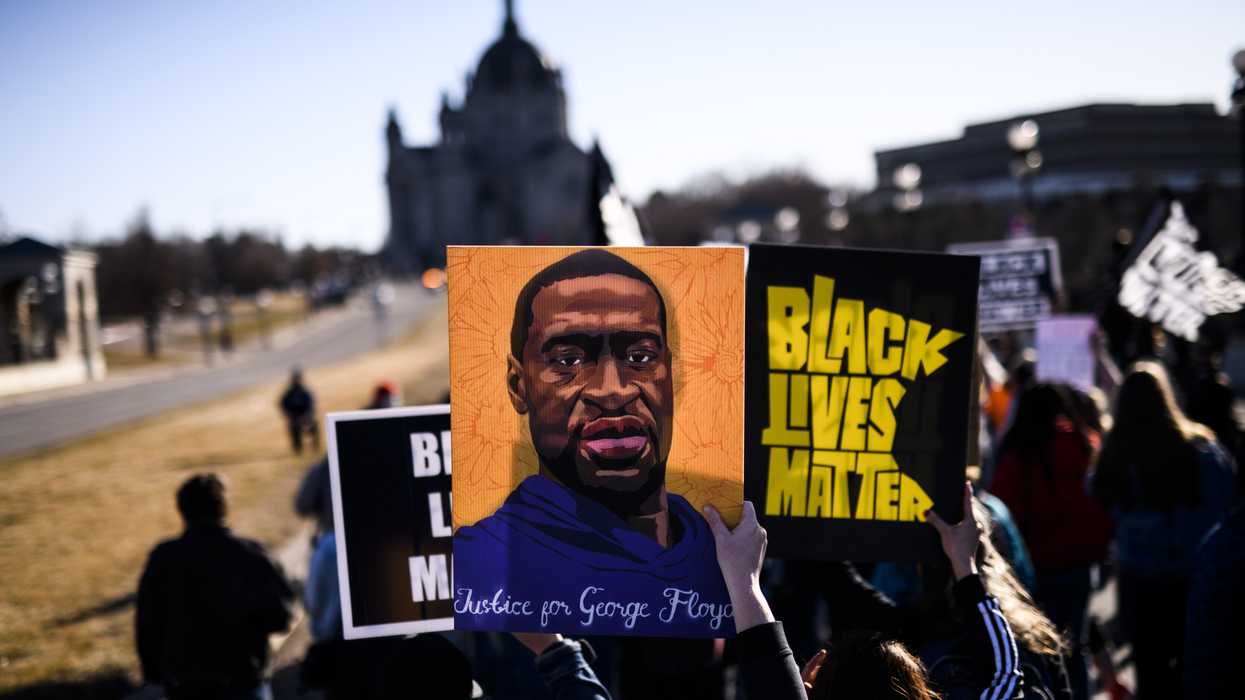This essay is part of a series by Lawyers Defending American Democracy where we demonstrate the link between the administration’s sweeping executive actions and their roots in the authoritarian blueprint, Project 2025, and show how these actions harm individuals and families throughout the country.
Just three months into his second term, the Trump Administration abruptly terminated 373 grants worth about $500 million from the Department of Justice’s Office of Justice Programs (OJP). The grants were ended without any prior notice and affected programs across the country that provide support for the complete range of department activities, including juvenile and youth justice, violence prevention, child protection, policing and prosecution, and victims’ services.
Most of these cuts attacked multi-year programs that were already in progress. The result? Critically important violence prevention services are no longer available for those most in need. Staff and service providers on the front lines will lose their jobs. The Vera Institute of Justice, a national research and policy organization, says that lives are in danger.
Overall, the scope of the grant cuts is staggering. Affected programs also include research and evaluation initiatives, efforts to better address the treatment of mental health conditions, substance use disorder, plans to improve the corrections and reentry justice systems, and projects providing training and technical assistance for youth advocates, public defenders, prosecutors, and judges.
Many of the programs are dedicated to combating gangs and preventing violence. Moreover, the cuts hit programs in urban, suburban, and rural communities in 37 states, both “red” and “blue”. In the history of federal grants across Republican and Democratic administrations, nothing like this has happened before. No notice, no opportunity for debate, just boom, it's gone.
The Administration’s blandly dismissive reason for killing these programs is that the "awards no longer effectuate the program or agency goals or agency priorities.” But this makes no sense as the focus of the agency is violence prevention. Do you protect public safety by cutting violence prevention programming?
Project 2025 may offer a more insidious reason for these cuts. Crime and crime prevention disproportionately affect communities of color. Failing to support these communities reflects Project 2025’s goal of eliminating the promotion of diversity, equity, and inclusion.
Examples of Massachusetts-based nonprofits dedicated to violence prevention intervention in communities of color that are damaged by the funding cuts are Roca, based in Boston, and UTEC, in Lowell. Both work with young adults 18 to 25, many of whom have been involved in child protection and the juvenile and criminal legal systems. Tools to help them include street gang prevention, educational and job readiness, help with reentry from youth correctional and criminal facilities, and community outreach.
Roca lost $4 million in grant money, and UTEC lost $2 million, even as their initiatives dramatically reduced the recidivism rates of their young clients by treating them as assets to be developed rather than problems to be managed (or ignored). These programs have created models of community-based collaboration with police, courts, and legal service providers.
Also hit hard were initiatives supporting crime investigation and prosecution; child protection; and training for advocates, prosecutors, and judges. The OJP’s Office for Victims of Crime lost $50 million, and programs designed to safeguard children against abuse and neglect suffered cuts of $137 million, undermining the training of juvenile and family court judges, weakening protections for youth at risk, and hindering the work of regional centers dedicated to investigating and prosecuting child abuse.
Some school-based programming was terminated as well, after cuts to projects aimed at preventing bullying and school violence in Oregon, Minnesota, California, and Pennsylvania.
A further cut of $8 million hit nonprofit efforts to combat youth substance abuse. Other cuts hobbled programs in hospitals to provide lifesaving assistance for victims of crime and their families. The implication seems to be that these victims are undeserving and simply need to move on.
WHY IT MATTERS
These cuts would suggest that violence prevention programs no longer help combat violence or protect victims. But this is false. Cutting these programs will increase recidivism and compromise public safety while pushing countless numbers of people into juvenile and criminal courts. Every study has shown that it costs much less to reduce crime through community-based programs than to lock people up.
Law enforcement specialists increasingly talk about the importance of being smart on crime. These cuts aren't smart. Reacting to crime after it has happened is a losing proposition. Eliminating the safety net of community support and violence prevention services can only result in worse outcomes for all of us.
Contrary to what many believe, crime rates for youth in most places are historically low. This is attributable to programs like UTEC and Roca. These cuts will increase crime and result in reactively spending more money to detain and incarcerate. More people will enter jails and prisons and be more likely to return, given the lack of concern about community reentry.
The grant cuts raise serious questions and deserve public scrutiny. Has the Trump administration offered better ways to prevent crime and gang violence other than to react after it has happened? What steps does it envision to stop people from falling through the social services safety net and ending up on the street?
TAKEAWAY
If reducing crime and increasing public safety isn't the goal, what is? The objective appears to align with Project 2025, which unapologetically seeks to block the reach of the federal government. Not incidentally, Project 2025 also conflates federal programs with furthering diversity, equity, and inclusion, which it has demonized as if it were the source of all of our nation's ills.
America deserves thoughtful, effective steps toward progress, not a vision that stops and ends at slash and burn.
holding hands
 holding handsPhoto by Priscilla Du Preez 🇨🇦 on Unsplash
holding handsPhoto by Priscilla Du Preez 🇨🇦 on Unsplash



















